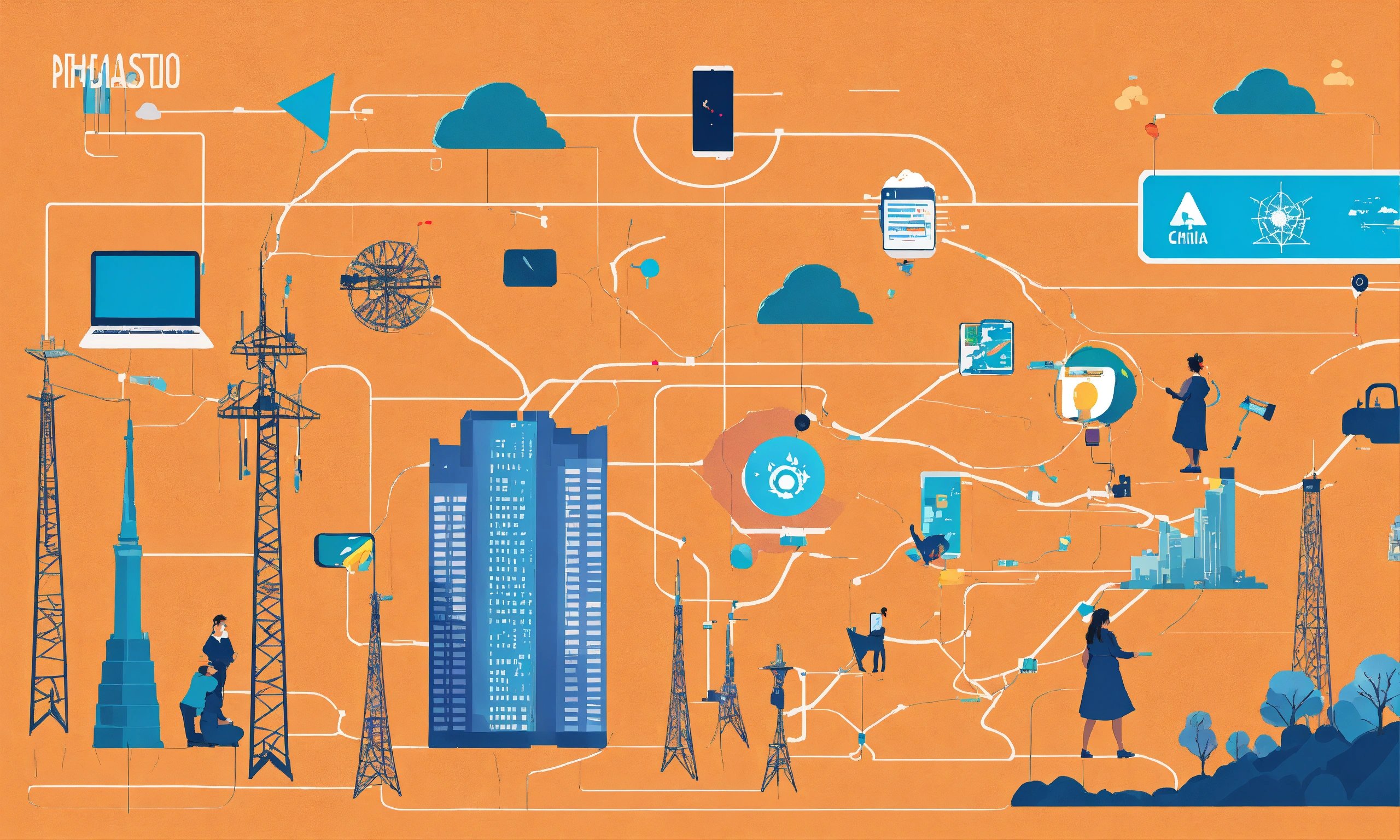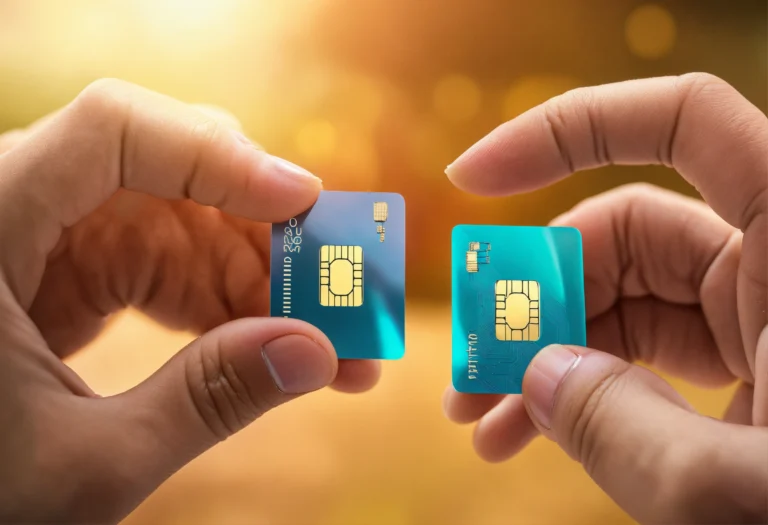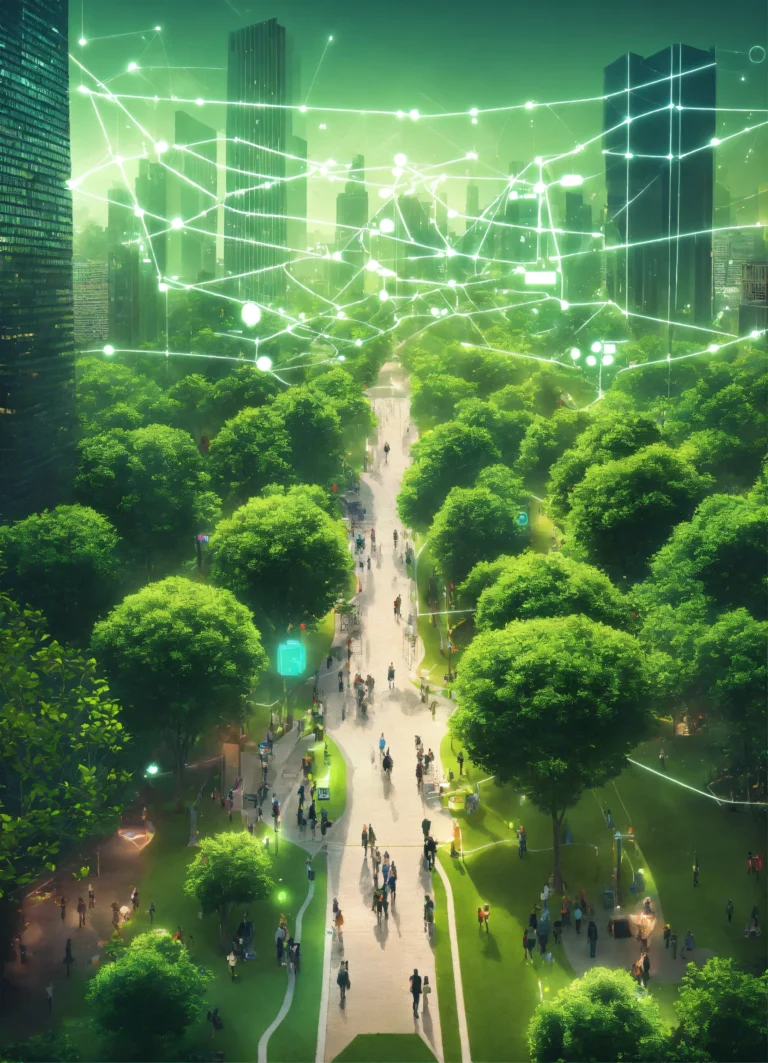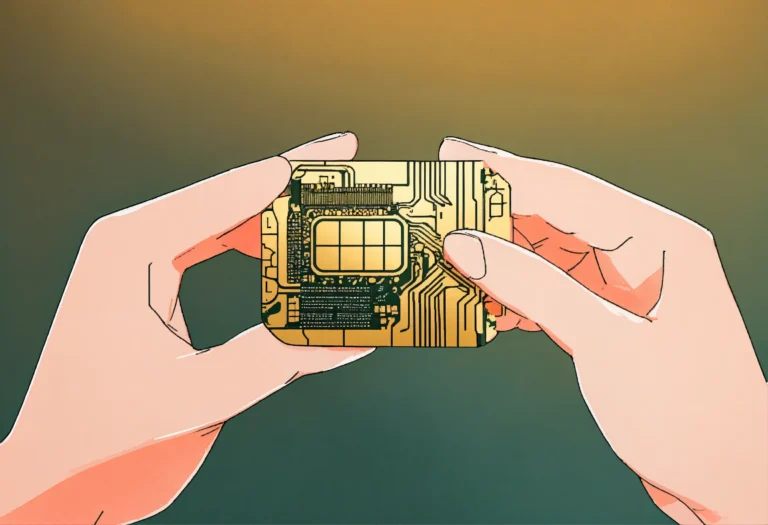IoT technology has been reshaping industries, transforming the ways in which businesses operate and serve their customers. From healthcare to agriculture, the impact of IoT is profound and far-reaching. In this article, we will investigate into the revolutionizing effects of IoT on various sectors, highlighting the remarkable changes and opportunities it brings.
Transforming Healthcare
A key area where IoT is making a significant impact is in the healthcare industry. The integration of IoT devices and technology is revolutionizing the way healthcare is delivered, leading to better patient outcomes and more efficient care.
Remote Patient Monitoring
Patient remote monitoring is one of the most significant advancements in healthcare with IoT. Through wearable devices and sensors, healthcare providers can now monitor patients’ vital signs and health metrics in real-time from a remote location. This technology allows for early detection of health issues and proactive intervention, reducing the need for hospital admissions and improving patient quality of life.
Personalized Medicine through IoT Analytics
An exciting development in healthcare is the use of IoT analytics to personalize treatment plans for patients. By collecting and analyzing data from IoT devices, healthcare providers can create customized treatment regimens based on individual health metrics and patterns. This precision medicine approach leads to more effective treatments with higher success rates and fewer side effects for patients.
To illustrate, IoT analytics can track a patient’s response to a specific medication in real-time, allowing healthcare providers to adjust the dosage or switch to a different treatment if needed. This level of personalized care not only improves patient outcomes but also reduces healthcare costs by minimizing trial-and-error approaches to treatment.
Revolutionizing Agriculture
Even in the traditional industry of agriculture, IoT technologies have brought about significant changes and improvements. By harnessing the power of data and connectivity, farmers can now optimize their processes and increase efficiency in ways never before possible.
Precision Farming with IoT Sensors
On the forefront of this revolution is precision farming, made possible by IoT sensors that collect and monitor data on crucial factors such as soil moisture levels, nutrient content, and weather patterns. Armed with this real-time information, farmers can make more informed decisions regarding irrigation, fertilization, and crop protection, leading to higher yields and reduced waste.
Livestock Monitoring and Management
Monitoring the health and well-being of livestock is another area where IoT is making a significant impact. By outfitting animals with smart collars or tags that track vital signs and movements, farmers can detect health issues early and ensure proper management of their herds. This level of individualized care not only improves animal welfare but also boosts productivity for the farm as a whole.
Another crucial aspect of livestock monitoring and management is the ability to track the location and behavior of animals in vast grazing fields. By utilizing GPS and sensor technologies, farmers can prevent loss of livestock due to theft or natural disasters, ultimately safeguarding their investments and livelihood.
Enhancing Industrial Efficiency
Predictive Maintenance through IoT
Little did we know that machines could speak until the Internet of Things (IoT) revolutionized predictive maintenance. Through IoT sensors embedded in machinery, manufacturers can now gather real-time data on equipment performance. This data is then analyzed using advanced algorithms to predict potential failures before they occur.
Supply Chain Optimization with IoT Tracking
To optimize supply chain management, companies are turning to IoT tracking solutions. By integrating sensors at various points in the supply chain, businesses can monitor the movement and condition of products in real-time. This level of visibility allows for better decision-making, improved inventory management, and ultimately, reduced costs.
Enhancing Industrial Efficiency
Supply chain optimization through IoT tracking is revolutionizing the way businesses manage their logistics. By providing real-time data on the location, condition, and logistics processes, companies can make informed decisions to streamline operations, reduce delays, and improve overall efficiency. This level of transparency and accuracy in supply chain management was previously unimaginable, but IoT is making it a reality.
IoT’s Impact on Energy and Environment
Once again, the Internet of Things (IoT) is at the forefront of transforming industries, and its influence on energy and the environment is profound. Through innovative applications and technologies, IoT is driving significant changes in energy management and sustainable practices.
Smart Grids and Energy Management
Management of energy resources is being revolutionized by IoT through the implementation of smart grids and efficient energy management systems. These technologies enable real-time monitoring and control of energy distribution, optimizing the utilization of resources and reducing waste. By intelligently analyzing data from connected devices, smart grids can predict energy demands more accurately, leading to improved efficiency and cost savings.
Sustainable Practices through IoT Monitoring
Monitoring environmental processes and energy consumption through IoT devices is paving the way for sustainable practices in various industries. By continuously collecting and analyzing data, organizations can identify areas for improvement and implement eco-friendly solutions. IoT monitoring allows for proactive measures to be taken to reduce environmental impact and promote sustainability.
Through IoT monitoring, companies can track their carbon footprint, energy usage patterns, and environmental compliance, empowering them to make informed decisions that benefit both their bottom line and the planet. Sustainability is no longer just a buzzword but a tangible goal achievable through the power of IoT technology.
Summing up
Conclusively, the Internet of Things is undeniably revolutionizing industries from healthcare to agriculture. By incorporating IoT devices and systems, these sectors are becoming more efficient, effective, and sustainable. Enhanced data collection and analysis, remote monitoring capabilities, and predictive maintenance are just a few ways in which IoT is transforming traditional practices and driving innovation across different fields. As we continue to witness the integration of IoT technologies into various industries, we can expect to see even more significant advancements and improvements in the way these sectors operate.
FAQ
Q: How is IoT transforming the healthcare industry?
A: IoT is revolutionizing healthcare by enabling remote patient monitoring, real-time health tracking, and predictive analytics for early disease detection. These advancements help healthcare professionals provide personalized care, improve patient outcomes, and reduce hospital readmissions.
Q: In what ways is IoT enhancing agriculture practices?
A: IoT is transforming agriculture by introducing smart farming techniques such as precision agriculture, automated irrigation systems, and crop monitoring through sensors and drones. By leveraging IoT technology, farmers can optimize resource usage, increase crop yields, and make data-driven decisions to improve overall efficiency.
Q: How does IoT benefit the manufacturing sector?
A: IoT is revolutionizing the manufacturing industry by enabling predictive maintenance, supply chain optimization, and real-time monitoring of production processes. With IoT devices like sensors and connected machines, manufacturers can minimize downtime, reduce operational costs, and enhance productivity by streamlining operations and ensuring quality control.





